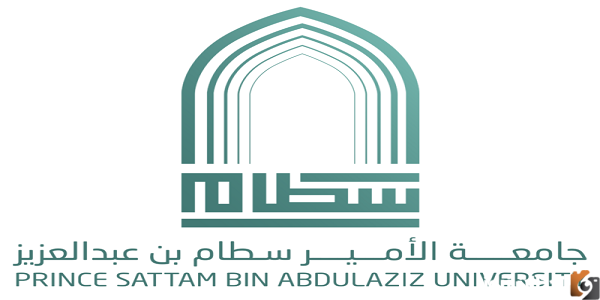A group of faculty members at the College of Engineering and Computer Science at Prince Sultan bin Abdulaziz University achieved the first place in the Artificial Intelligence Hackathon for integrating data in the medical field.
This event was organized by the Saudi Data and Artificial Intelligence Authority “SDAIA” in collaboration with Stanford University and was held at the National Center for Artificial Intelligence in Riyadh from December 4 to 7.
The winning team consisted of Dr. Ilham Kuriry, the college’s deputy for female students, Dr. Fatima Al-Musmoudi, a faculty member in the Information Systems department, and Mohammed Vodah, a master’s student in Applied Artificial Intelligence.
The Hackathon challenge included creating a model for machine learning and deep learning using real health data, focusing on the visual integration impact of different datasets on the accuracy of prediction models.
The “Prince Sultan University” team competed with nine other teams of IT and medical experts from various parts of the Kingdom, demonstrating their ability to translate the required task into relevant questions, map a roadmap, engineer and select features, conduct statistics and analyze the data used, and then implement deep learning and machine learning.
Dr. Ilham Kuriry, a member of the exceptional team, told the university e-newspaper: Participating in this Hackathon was a unique experience, allowing me to benefit and interact with distinguished experts in my fields of artificial intelligence and healthcare.
She said that the team exerted their utmost effort to achieve victory and succeeded in developing a machine learning model that can accurately predict PFS (Progression-Free Survival) using multiple data sources like radiology, pathology, genomics, and clinics.
She highlighted the challenges faced in developing this model and the importance of identifying and analyzing complex datasets carefully.
The team managed to overcome these challenges and develop a model that achieves accurate results, and they will work on enhancing and disseminating it in the medical field to assist doctors in improving disease diagnosis and treatment.


